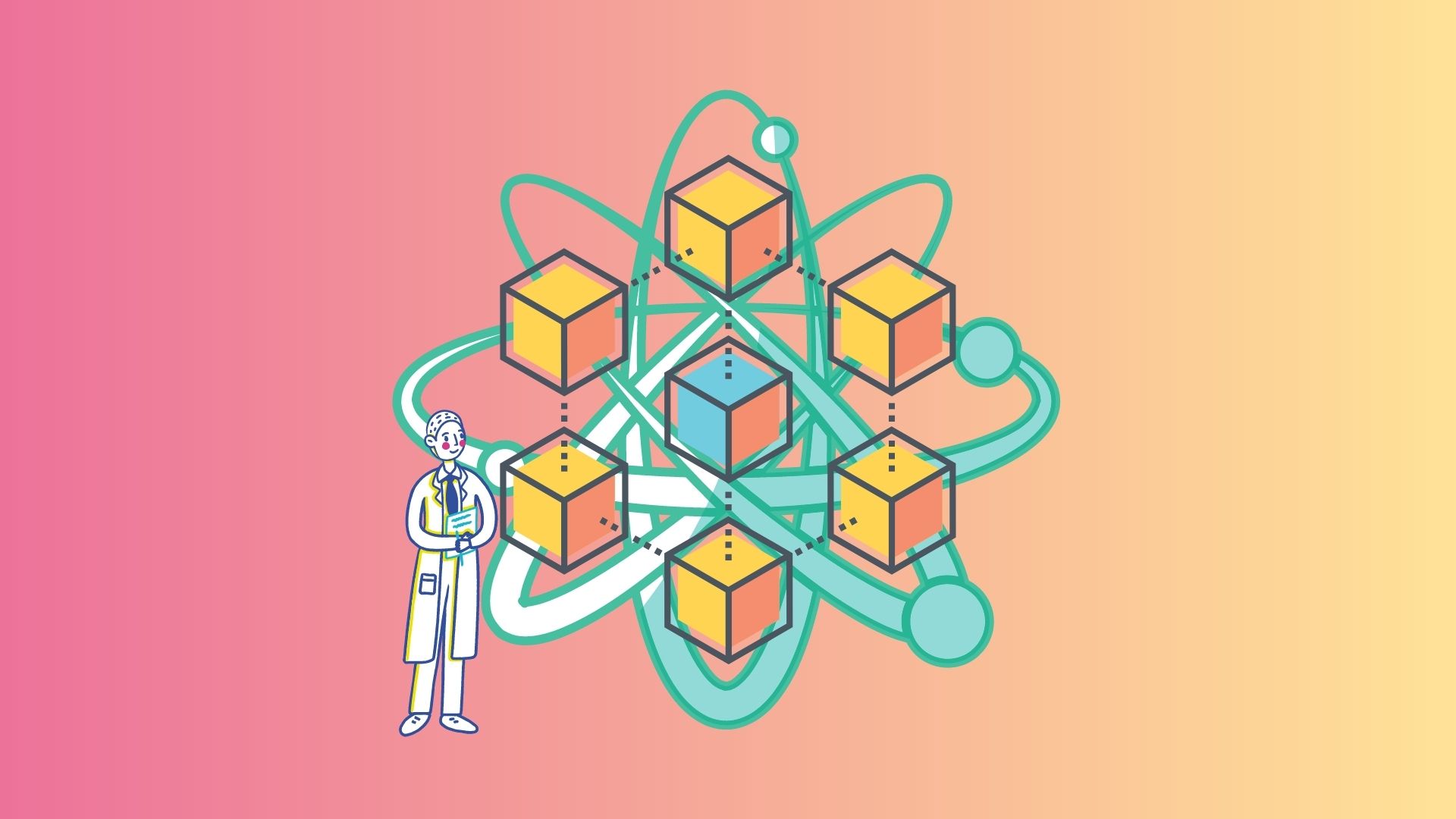
- JPMorgan, Toshiba and Ciena have developed a new way to protect blockchain networks from attacks using quantum computing
- The system was named QKD
It has proven its effectiveness and resistance to external factors in practice
American financial giant JPMorgan Chase, in collaboration with Toshiba and Ciena, has developed a new way to secure blockchain infrastructure. The system was called Quantum Key Distribution (QKD).
This network allows participants to exchange encrypted data at speeds up to 800 Gbps. At the same time, it is resistant to external factors, attempts to penetrate and intercept information.
JPMorgan has already tested the project. During the study, experts used an optical link to deploy and secure the network of Liink, a bank-managed peer-to-peer solution.
In fact, this is a real tool for protecting key blockchain nodes from hacking attempts when using quantum systems. The project has shown its effectiveness in practice, and therefore can be applied in the industry.
“This is extremely important right now. We continue to work on how to implement quantum computers of acceptable quality. This means that the very concept of cryptography and security in blockchain systems and cryptocurrencies will change,” said Marco Pistoia, head of the JPMorgan research center.

At this stage, QKD remains the only tool to secure blockchain applications from attacks using quantum computing, which has been mathematically proven. At the same time, security guarantees for the network are not determined by the specifics of the project itself, but by the laws of quantum physics.
We previously reported that JPMorgan Chase collaborated with Siemens to develop a blockchain-based payment system.

